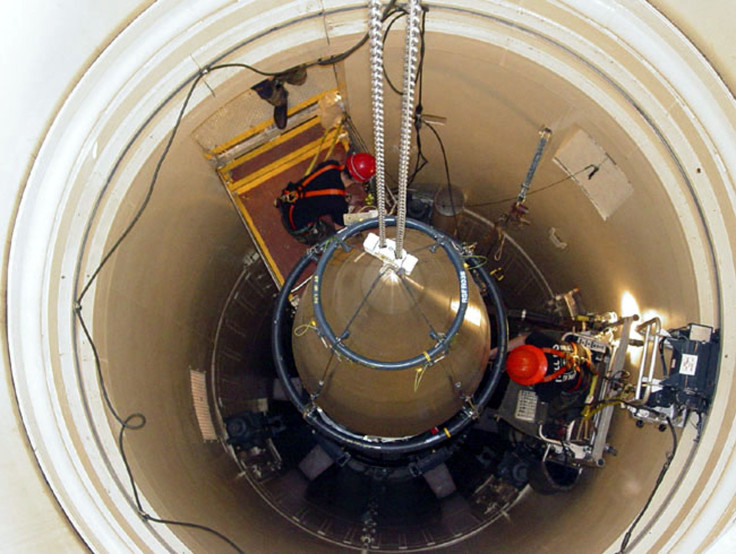Russia Nuclear War Threat: Sweden Ramps Up Defense After Kremlin Aggression In The Baltics

Internal Swedish documents show that Sweden had become increasingly concerned with perceived Russian aggression. A nuclear attack appeared extremely unlikely, the documents noted, but the country is unwilling to rule out the threat of the use of military force from the Kremlin.
The documents showed that Sweden believed Russian nuclear powers were exacerbating Baltic Sea Region security, Swedish newspaper Aftonbladet reported Thursday. The news came as Sweden continued to plan on participating in United Nations non-proliferation efforts.
Sweden recently restored some of its defensive weapons systems that were first employed during the Cold War. Those weapons included anti-ship missile launchers that could attack Russian ships should the country choose to sail over from St. Petersburg toward Stockholm through the Baltic Sea. The coastal artillery was disabled nearly 20 years ago, the Daily Star reported.
Russia's recent behavior has prompted other countries to consider defensive measures in the Baltic region as well, including the United States and Norway. The U.S. is in talks with Norway to send Marines to the Scandinavian peninsula.
Russia owns 7,300 nuclear weapons, the most in the world, according to a tally from the Arms Control Association. The United States is next with 7,100 nuclear weapons. Those two arsenals vastly outnumber all of the other countries with nukes. No other nuclear power has more than 300 (France) of the weapons.
The UN Nuclear Non-Proliferation Treaty came into force in 1970 and was meant to prevent nuclear weapons from spreading throughout the world while supporting the peaceful use of nuclear energy. There are 190 signing partners to the treaty, which is more than any other disarmament agreement.
The future of nuclear non-proliferation has been in question recently after the surprise election victory of Donald Trump. Trump, the president-elect, has frequently said more countries should have a nuclear arsenal of their own, including South Korea and Japan, two countries that currently rely on the U.S. to defend them against North Korea, a nuclear power in Asia.
© Copyright IBTimes 2024. All rights reserved.






















